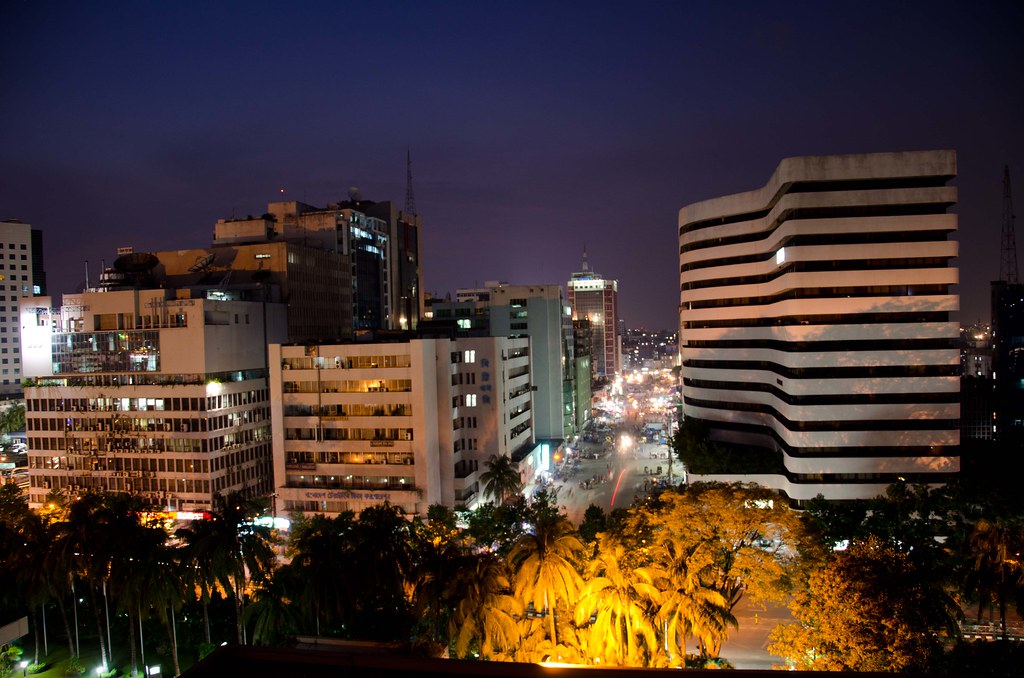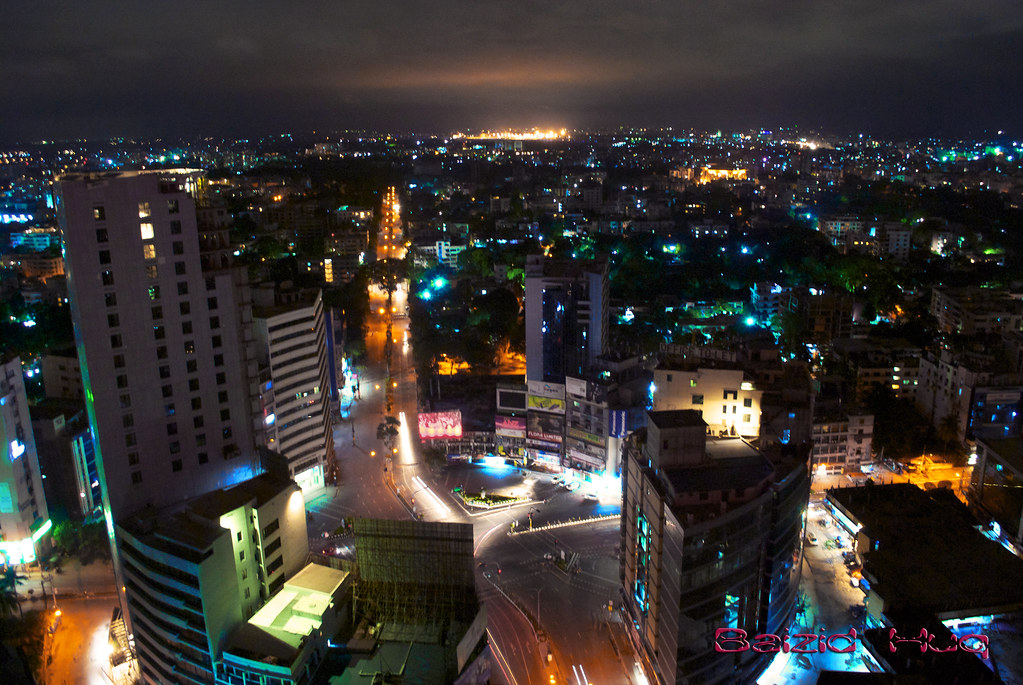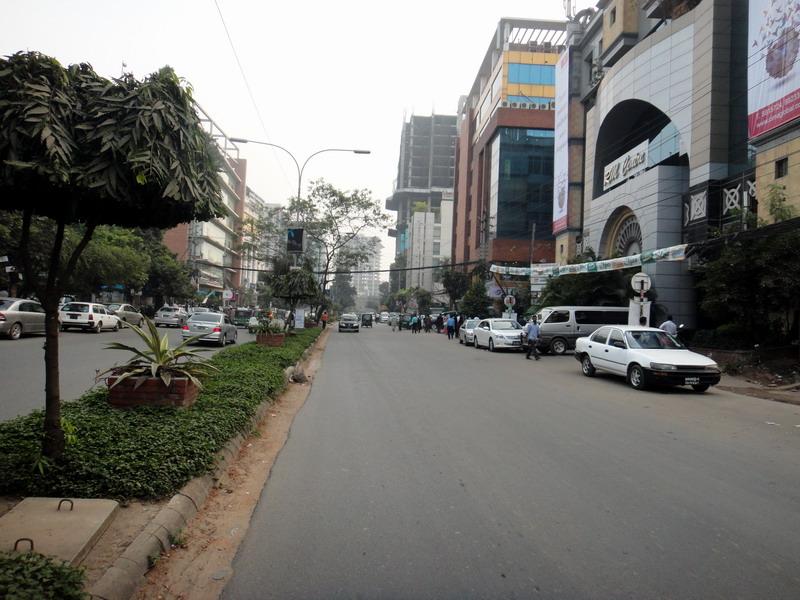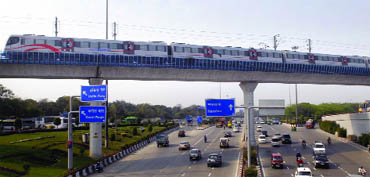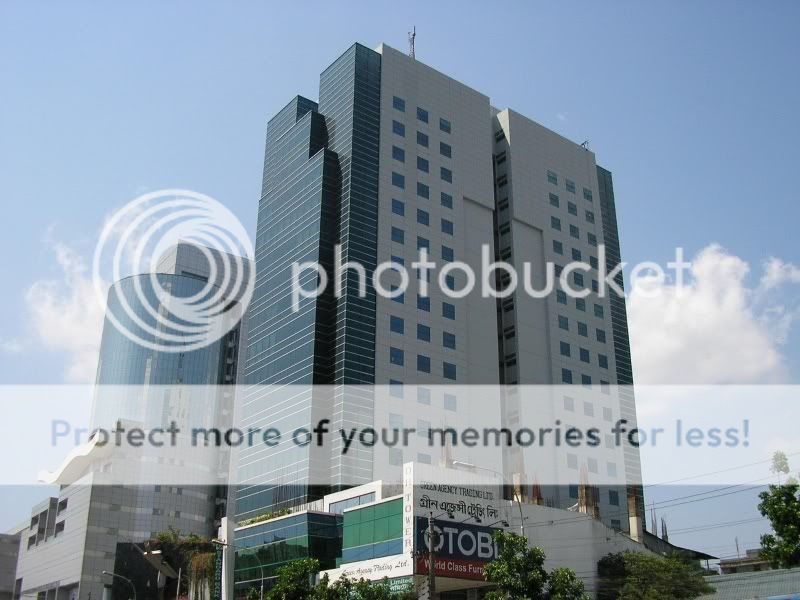Any thing more....???
India gives a lot of aid to Africa ,afganistan and even Bangladesh....


"
Indian aid to Afghanistan
India does not give aid to Bd and BD does not want it from a poor country like India. India has extended only a credit line to sell its low quality goods to BD. See what our BRAC is doing in Afghanistan. Comparing to this your govt effort is only 10% of what BRAC is doing in social sectors.
BRAC in Afghanistan: Quietly Making Large Impact | BRAC-BRAC in Afghanistan: Quietly Making Large Impact
BRAC in Afghanistan: Quietly Making Large Impact
We hope that this is the beginning of more press coverage over the work being done by Civil Society Organizations (CSOs) in Afghanistan.
BRAC is one such organization, and we have been working in Afghanistan since 2002. Many Afghan refugees began returning to their war-torn country that year. To BRACs founders, such post-conflict humanitarian crisis was similar to what they lived through in Bangladesh after the Bangladesh War. It was in such post-war environment that BRAC was first founded in 1972, not unlike how BRAC Afghanistan was started thirty years later.
With its trademark multi-sector operations in the country, BRAC is now the largest NGO operating in Afghanistan. BRAC Afghanistan is following the path of BRAC Bangladesh to become a fully-scaled up NGO with interventions across multiple sectors to attack the various causes of poverty and create nation-wide impact. BRAC in Bangladesh became an NGO conglomerate over its 38-year history, with great depth and breadth of development activities. BRAC Afghanistan is thirty years younger than BRAC Bangladesh, but the same is in the making in Afghanistan too.
Eight years since starting out, BRAC Afghanistan now employs over 3,400 people across five programs microfinance, health, education, capacity building & training, and the National Solidarity Program. BRAC has a nationwide footprint, with at least one program in all 34 provinces of Afghanistan. Afghans make up about 3,200 of the total staff, and their ethnic make-up is diverse Pashtun, Tajik, Hazara, Uzbek, etc. Over 40% of the staff is comprised of Afghan women. BRAC Afghanistans work in aggregate impacts over 12 million people in the country.
BRAC is also a force in cultivating Afghanistans SME sector. In 2006 BRAC founded BRAC Bank Afghanistan (BBA), a full service bank with an SME focus. To date, the bank has made over $35 million in loans to 6,000 customers.
It goes without saying that the security situation makes it difficult to operate in Afghanistan. Staff members have been held up at gunpoint before. One branch of BRAC Bank Afghanistan was actually attacked by a group of armed men, resulting in a firefight with the police as the branch staff remained holed up inside (fortunately, no staff members were hurt). Challenges there are many, too many to list here. But in the face of these challenges, BRAC staff in Afghanistan has been resilient. It is their resilience that will grow BRAC Afghanistan into an even larger organization creating greater impact.
Speaking to the youthful staff, BRAC to them is less a Bangladeshi organization and more a home-grown one in Afghanistan. Tameem, a manager at BRAC Bank Afghanistan, said I have to work hard and study hard. Someday I want to be the Managing Director of this bank.
Naila is the Banks Compliance Manager. She spent the last seven years working during the day while attending school at night to earn her BBA degree. She is the first person in her family to take up a career in banking. I am hopeful about the future, she says. There is big potential for BRAC Bank in Afghanistan.
A part of Afghanistans rebuilding effort is the South-South collaboration, and BRAC Afghanistan is at the forefront of it. About 200 of 3,400 total staff at BRAC Afghanistan are Bangladeshis who honed their field expertise through their work with BRAC in Bangladesh. They are starting and running programs, developing capacity, and cultivating people so BRAC becomes a 100% locally managed development organization in Afghanistan. The flow of personnel is not just one-way; Afghan managers also travel to Bangladesh for advance training with BRAC, matriculatation in public health degree programs at BRAC University in Dhaka, etc. They return to Afghanistan to commence their work with BRAC there at the completion of their education and training.
This form of South-South collaboration has had spillover effects in other countries. Over the last nine years, many Bangladeshis who were replaced by qualified Afghan staff have moved on to other post-conflict countries where BRAC also operates. With field experience from both Bangladesh and Afghanistan, such colleagues are now starting up and managing BRAC programs in places such as Uganda, Tanzania, Southern Sudan, Liberia, Sierra Leone, Haiti, and Pakistan.
Regardless of what debate rages among the media or inside the Beltway over Afghanistan, the 3,400+ staff of BRAC Afghanistan quietly carry on with their work at all 34 provinces of the country. They are credit officers, Community Health Workers, teachers of BRACs community based schools, trainers at BRACs Training and Resource Center, managers of the National Solidarity Program, loan officers of BRAC Bank Afghanistan, and much more.











